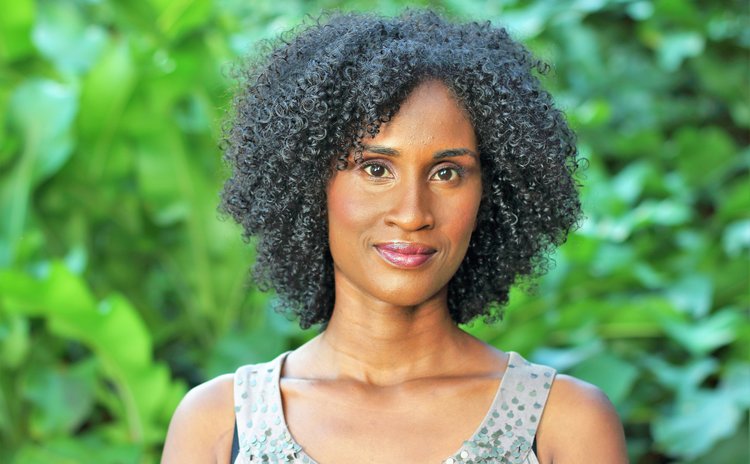Our Toxic Addiction
By Farah Theodore

Oftentimes, history keeps repeating because key lessons remain unheeded. Knowledge is only as good as the use we make of it. The weight of uncertainty around the Russian operation in Ukraine, in regards to energy security, and general economic reverberations around the globe, are not to be unexpected, yet is undeniably very heavy. Our death grip on the fossil fuel industry will be the ruination of us all. This matter is becoming cyclical in that it is not the first time such an issue has been forced under the spotlight. One may recall the oil and energy crisis of the 1970s, as well as, the Vietnam war.
Oil production in the United States peaked during 1970. This peak may have been a result of limitations placed on oil imports during the 1960s. It can't be entirely surprising that such restrictions were eased in 1973. What is of interest, is that later that year, in October 1973, as a jab against Israeli allies in the Yom Kippur War, Arab member states of OPEC (Organisation of Petroleum Exporting Countries) threatened to cut oil production, and limit exports to certain countries; including the USA. They made good on that threat. Americans were forced to recognise the impact of this decision on them, and naturally they panicked at the power wielded by foreign oil producers.
Some observed that it aroused racist sentiments about Arabs and the Middle East which was expressed in their popular culture. History is repeating where oil prices are rising as a result of war. Once again, global dependency on oil and gas, and economic vulnerabilities are exposed and yet still, one is left to wonder, will we ever decide to wean ourselves off our fossil fuel addiction and explore renewable energy options. The beauty of renewable energy alternatives is that, each territory can use a method that is most suitable and advantageous in a sustainable way.
Another notable event in the early 1970s is the UN Conference on the Human Environment (UNCHE) also known as, the Stockholm Conference where issues of environmental and sustainable development were discussed. These discussions bore fruit, where the concepts and plans developed, have shaped every international conference treaty up to the present day.
Gratitude ought to be expressed to all the activists, scientists, environmentalists, journalists, and others, who kept the fire burning which has morphed into a thunderous call for global climate action. Due to obvious limitations (capitalism, oligarchic interests, consumerism, political disinterest), renewable energy technology is not as commercial as it should be and as a result, we should lend support in whatever way possible to create spaces to test and develop viable alternatives. One such company worthy of consideration is SMO Solar Process based on our neighbouring island of Guadeloupe.
Fellow Island Innovation Ambassador Yasmine Encelade, is the Business Development Director of SMO Solar Process, and she will be presenting at the World Premier Energy event CERAWeek 2022 during March 7-11, in Houston, Texas. SMO Solar Process has earned recognition in recent times such as the winner of Greening the Islands 2021 awards, one of three winners of the Blue Climate Initiative's Ocean Innovation Prize 2021, Innovation Outre-Mer, and presenting at the recent COP 26 in Glasgow.
SMO Solar Process' vision is: "Taking everything from waste, Leaving nothing to waste". Their vision goes to the heart of the purpose of adopting the circular economy model. It is no longer just a dream to transform waste material such as biomass, plastics, wastewater sludge, and even sargassum into green energy - via the SMO Solar Process, green hydrogen can be produced using solely solar energy. In addition, carbon capture, utilization, and storage (CCUS) technologies help resolve the challenge of carbon emissions. This process is advantageous as a renewable alternative compared to existing options, for example, corn ethanol, where its production is reliant on fossil fuels. The green hydrogen produced should not be confused with the other types being brown, blue, and grey hydrogen already in use. Green hydrogen is the only one produced from renewable energy.
Faced with the recently released IPCC Report, Racquel Moses, UNFCCC Global Ambassador, and CEO of Caribbean Climate-Smart Accelerator (CCSA) expressed, "the Caribbean region must continue to come together and fast track partnerships and collaborations to accelerate climate action plans. Areas within the blue economy, climate-smart agriculture, and renewable energy, for example, all offer opportunities which the region can take right now to start moving towards economic prosperity, future resilience, and sustainability".
Our ongoing climate crisis and the implications of war make it absolutely vital that we all embrace our bond of humanity. The words of James Ellsmoor, Founder and CEO of Island Innovation and the Virtual Island Summit sums it up best, - "building coalitions is the best way to enact meaningful change".




